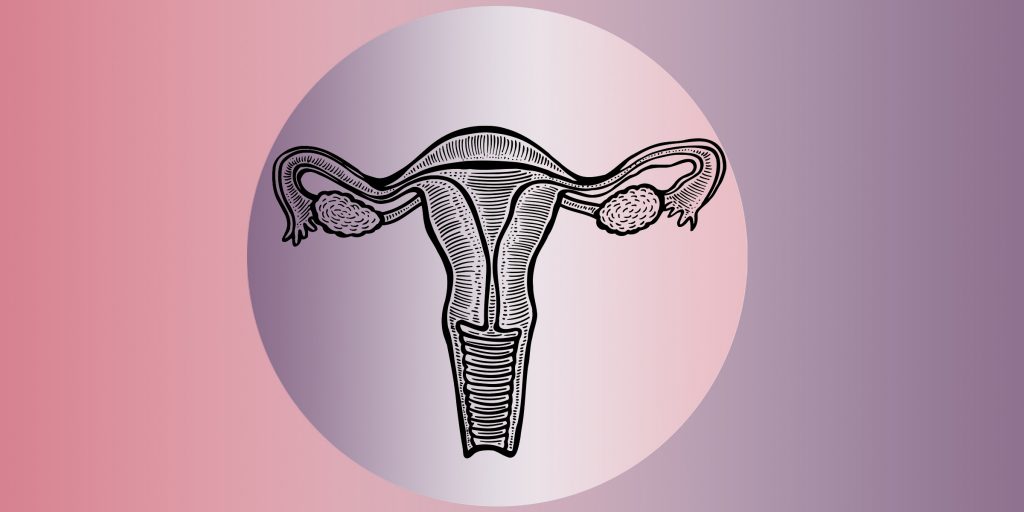
How Does An Abortion Work? | The Complete Guide.
If you are considering an abortion, it is important that you understand how the procedure works. Abortions can be performed in a variety of ways, depending on how far along the pregnancy is.
In this guide, we will discuss the different types of abortions and how they are performed. We will also talk about the risks and side effects associated with each type of abortion. So, if you are considering an abortion, please keep reading!
Preparing For An Abortion
When preparing for an abortion, there are a number of things to consider. First and foremost, it is important to talk through the decision with a trusted friend or family member.
This can help you to work through your feelings and determine what is best for you at this moment in your life. In addition, it is essential to find out as much as you can about the procedure itself.
While every clinic will have its own specific process, there are some common components that you should be aware of, such as pre-abortion counseling, optional pain management options, and how to care for yourself afterward.
Overall, preparing for an abortion is an important step in taking control of your reproductive health and making the best choice for you and your future.
Before The Abortion Procedure
Before an abortion is performed, the woman will usually have a consultation with the doctor. During this consultation, the doctor will ask about the woman’s medical history and how far along she is in her pregnancy. The doctor will also talk to the woman about her options and answer any questions she may have.

You need to have a pre-abortion consultation before having an abortion.
There are two main types of abortions: Surgical and Medical.
The Surgical Abortion Procedure
A surgical abortion is usually performed during the first trimester of pregnancy, and can be done in a variety of ways. The most common type of surgical abortion is called Vacuum Aspiration (Suction Abortion). This procedure is typically done within the first 12 weeks of pregnancy.
During the procedure, the cervix will be dilated and a suction device will be inserted into the uterus. The suction device will then remove the embryo or fetus from the uterus.
Dilation and evacuation (D&E) is another type of surgical abortion that can be performed up to twenty-four weeks into a pregnancy. During D&E, dilators are used to open the cervix. Next, forceps are used to remove the fetus from the uterus. The tissue is then vacuumed out of the uterus.
Both types of surgical abortions are usually done under general anesthesia. This means that the woman will be asleep during the procedure.

Suction abortion (also called vacuum aspiration) is the most common type of in-clinic abortion.
Side Effects Of Surgical Abortion
Side effects of surgical abortion can include cramping and bleeding, which are generally mild and occur within the first few days after the procedure. Other common side effects include nausea, fatigue, and anxiety.
In some cases, individuals may also experience complications such as infections or hemorrhaging. Unlike medical abortions, which use medication to terminate a pregnancy, surgical abortions involve physically removing the fetus or placenta from the uterus.
Although surgical abortions are generally considered safe procedures, it is important to be aware of the potential risks and side effects so that you can seek medical attention if necessary.

After a surgical abortion, you may have cramps and light bleeding for up to 2 weeks.
The Medical Abortion Procedure
The medical abortion, also known as the abortion pill, is a non-surgical option for terminating a pregnancy. This type of abortion can be performed up to ten weeks after the pregnant person’s last period.
The abortion pill is more than 96% effective. This means that if 100 women take the abortion pill, only 4 will still be pregnant after taking it.
To have a medical abortion, the pregnant person takes two different medications: mifepristone and misoprostol. Mifepristone blocks the hormone progesterone, which is necessary for maintaining a pregnancy. Misoprostol causes contractions of the uterus, which leads to the expulsion of the embryo or fetus.
The abortion pill is typically more expensive than a surgical abortion, but it offers a number of benefits. First, it can be done in the privacy of your own home. Second, it does not require anesthesia or surgery, which reduces the risks associated with those procedures.
Side Effects Of Medical Abortion
Side effects of medical abortion are usually limited to the period immediately after taking the medication. However, some women may continue to experience side effects for several weeks.
The most common side effects include nausea, vomiting, diarrhea, and abdominal pain. These symptoms are typically mild and resolve on their own within a few days. Some women may also experience headache, fatigue, and dizziness.
Like all medical procedures, there are some risks associated with medical abortion. In rare cases, women may experience more severe side effects such as hemorrhage or infection. These side effects are usually treated with medication or surgery.
Overall, medical abortion is a safe and effective procedure with a very low risk of complications.

The abortion pill is very safe. Serious problems are rare.
After The Abortion Procedure
After the abortion is complete, the woman will be taken to a recovery room where she will be monitored for any complications. The vast majority of women do not experience any problems after an abortion.
Post-Abortion Care And Recovery
Post-Abortion Care And Recovery Post-abortion care and recovery programs are designed to help women who have had abortions heal emotionally and spiritually.
These programs provide support and counseling to help women work through their feelings about their abortions. Many women struggle with guilt, shame, and grief after an abortion, and these programs can help them come to terms with their emotions and move on with their lives.
Post-abortion care and recovery programs can be found at many hospitals and clinics, and they usually involve a combination of individual counseling, group therapy, and educational resources.
These programs can be extremely beneficial for women who are struggling to cope with their abortions. If you or someone you know is struggling after an abortion, please seek out a post-abortion care and recovery program in your area.
If you have any questions or concerns about getting an abortion, please speak to your doctor. They will be able to answer any questions you may have and help you make the best decision for your individual situation.

Post-abortion counseling provides a safe and compassionate space to reflect on your abortion experience and find healing from it.
Post-Abortion Diet
Diet After An Abortion is extremely important. What you put into your body will directly effect how your body heals. A Diet high in fiber, fruits, and vegetables will help your body to expel any residual tissue.
You should also avoid caffeine, alcohol, and cigarettes as they can hinder the healing process. Eating a well balanced Diet will help to ensure a speedy recovery and minimize any discomfort.
It is important to listen to your body and eat what feels right for you. If you are unsure about what to eat, or if you are experiencing any negative side effects after eating certain foods, consult with your doctor or healthcare provider.
Can Abortion Cause Infertility?
There is a longstanding debate in the medical community about whether abortion can cause infertility. There is no simple answer to this question.
While there is no clear evidence that abortion leads to fertility problems, there are a number of factors that may contribute to infertility after an abortion.
First, the abortion procedure itself can cause damage to the reproductive organs, making it difficult to conceive in the future. In addition, the stress of undergoing an abortion can lead to hormonal imbalances that can impact fertility.
Finally, some women may experience emotional trauma after an abortion, which can also affect their ability to conceive. While there is no definitive answer to the question of whether or not abortion can cause infertility, it is important to be aware of the potential risks involved.

Having an abortion will not usually affect your chances of becoming pregnant and having normal pregnancies in the future.
Is abortion safe?
Abortion is one of the safest medical procedures available. The risks of complications from abortion are very low, and for first-trimester abortions, the risk is less than 0.4%.
When performed by a trained professional, abortion is a safe and effective way to end a pregnancy.
If you have any other questions, please don’t hesitate to contact us. We’re here to help you make the best decision for yourself and your body.
Dr James S Pendergraft | Orlando Women’s Center | Abortion Pill Clinic | Articles On Abortion


Leave a Reply